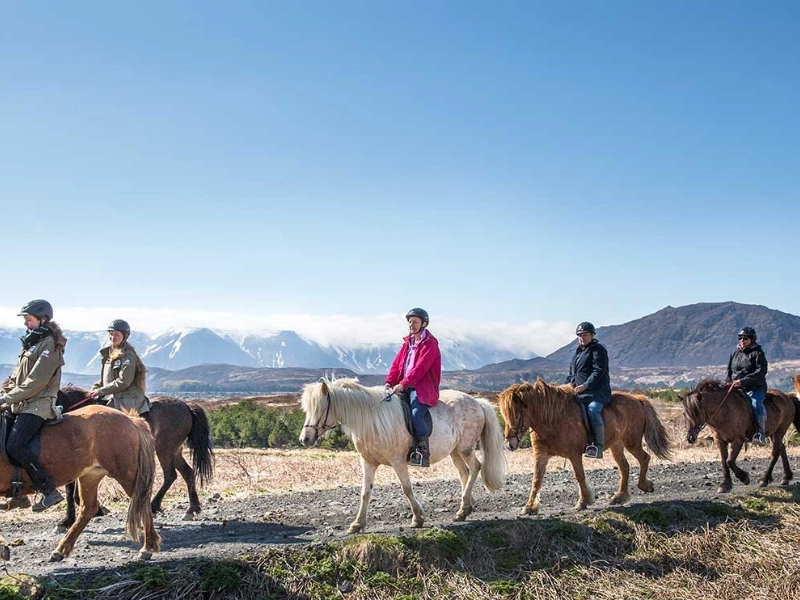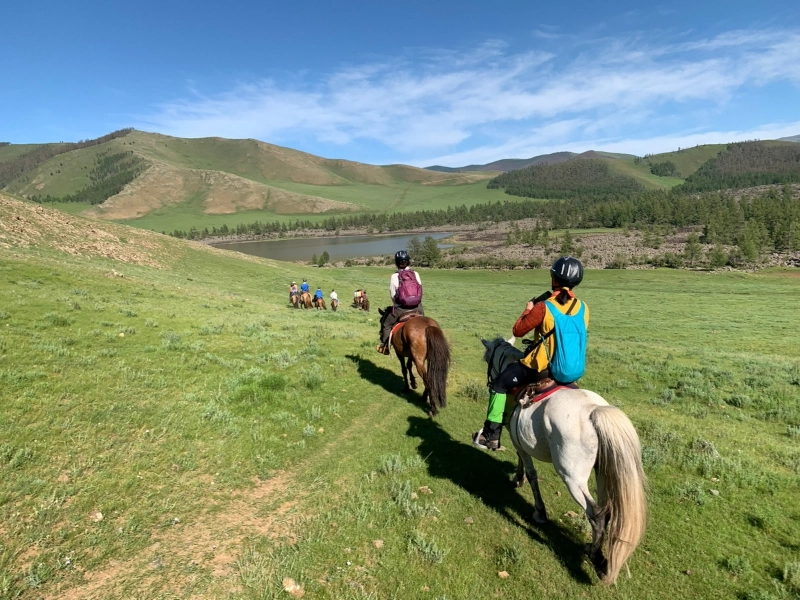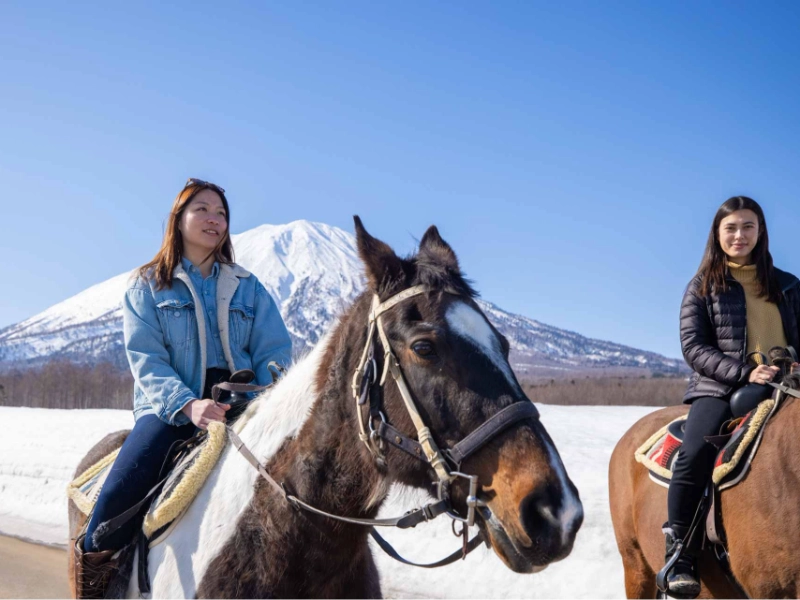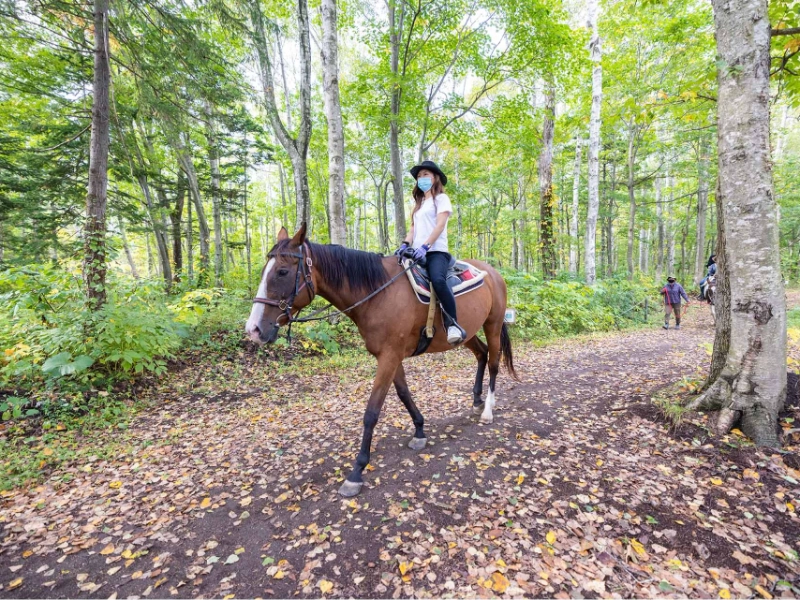The quality of life of your loved one may be greatly compromised if they have falling anxiety. They do not, however, have to let their phobia rule their life. Like many phobias, this one is manageable with some tenacity and patience. Three techniques will help individuals get back in the saddle and conquer their worries.

 Many elderly people who have fallen acquire a fear of falling, which frequently causes them to become too cautious and limit their activities. This can cause a loss of strength and balance over time, therefore raising their risk of more falls.
Working on balance exercises and other forms of physical activity that will assist to strengthen your legs, buttocks and core will enable you to overcome your fear of falling. A physiotherapist might suggest courses and activities with an eye towards these facets.
Cognitive behavioural therapy (CBT) is another approach to address lowering anxiety. This strategy has been demonstrated to be successful in this population since it helps to modify negative thinking and conduct linked with a fear of falling. One might present this either separately or in conjunction with fitness regimens.
Many elderly people who have fallen acquire a fear of falling, which frequently causes them to become too cautious and limit their activities. This can cause a loss of strength and balance over time, therefore raising their risk of more falls.
Working on balance exercises and other forms of physical activity that will assist to strengthen your legs, buttocks and core will enable you to overcome your fear of falling. A physiotherapist might suggest courses and activities with an eye towards these facets.
Cognitive behavioural therapy (CBT) is another approach to address lowering anxiety. This strategy has been demonstrated to be successful in this population since it helps to modify negative thinking and conduct linked with a fear of falling. One might present this either separately or in conjunction with fitness regimens.
 As our physical capabilities diminish, a typical and natural reaction to the loss of control we may experience is fear of falling. This might occur for a number of reasons, including learning of friends who fall or maybe even having fallen yourself in the past.
But if left unquestioned and unbridled, these anxieties might keep us from engaging in activities we either want or need to be doing. This might lead to a loss of quality of life and less autonomy.
Challenge the illogical ideas and toss other ideas at your worries until you may begin to desensitise yourself to your worry. Then, gently move towards what you fear to enable your comfort zone be broken down.
As our physical capabilities diminish, a typical and natural reaction to the loss of control we may experience is fear of falling. This might occur for a number of reasons, including learning of friends who fall or maybe even having fallen yourself in the past.
But if left unquestioned and unbridled, these anxieties might keep us from engaging in activities we either want or need to be doing. This might lead to a loss of quality of life and less autonomy.
Challenge the illogical ideas and toss other ideas at your worries until you may begin to desensitise yourself to your worry. Then, gently move towards what you fear to enable your comfort zone be broken down.
 Although falling off a horse might cause anxiety, it's equally vital to concentrate on the positive aspects of riding. Spending too much time considering how bad it could go will simply heighten your anxiety and complicate your recovery.
Breathing deeply and counting backwards while seated in a calm area allows you to unwind and change your viewpoint. These approaches will enable you to replace your old behaviours with the new, empowering ones that will help you overcome your anxiety of falling.
In the Liberian folktale Two Ways to Count to Ten, King Leopard searches for his successor in contest. At first, the difficulty appears insurmount: the winner has to toss his spear in the air and count to ten before it falls.
Although falling off a horse might cause anxiety, it's equally vital to concentrate on the positive aspects of riding. Spending too much time considering how bad it could go will simply heighten your anxiety and complicate your recovery.
Breathing deeply and counting backwards while seated in a calm area allows you to unwind and change your viewpoint. These approaches will enable you to replace your old behaviours with the new, empowering ones that will help you overcome your anxiety of falling.
In the Liberian folktale Two Ways to Count to Ten, King Leopard searches for his successor in contest. At first, the difficulty appears insurmount: the winner has to toss his spear in the air and count to ten before it falls.
 Learning to recognise and control fear and anxiety is the first step towards riding once again following a fall. Combining breathing exercises, reframing negative ideas, and using doable tactics like visualising success will help one reach this state.
Riding with a friend who can assist you to remain straight and doing balance exercises will also boost confidence. If you lack expertise, this approach can be awkward; nonetheless, it is a necessary step towards developing a strong and confident riding ability. Although controlling your worries and fears is a continuous trip, with the correct tools you may enjoy riding as you develop core strength and balance and improve performance. Just keep in mind to treat it one little step at a time.
Learning to recognise and control fear and anxiety is the first step towards riding once again following a fall. Combining breathing exercises, reframing negative ideas, and using doable tactics like visualising success will help one reach this state.
Riding with a friend who can assist you to remain straight and doing balance exercises will also boost confidence. If you lack expertise, this approach can be awkward; nonetheless, it is a necessary step towards developing a strong and confident riding ability. Although controlling your worries and fears is a continuous trip, with the correct tools you may enjoy riding as you develop core strength and balance and improve performance. Just keep in mind to treat it one little step at a time.